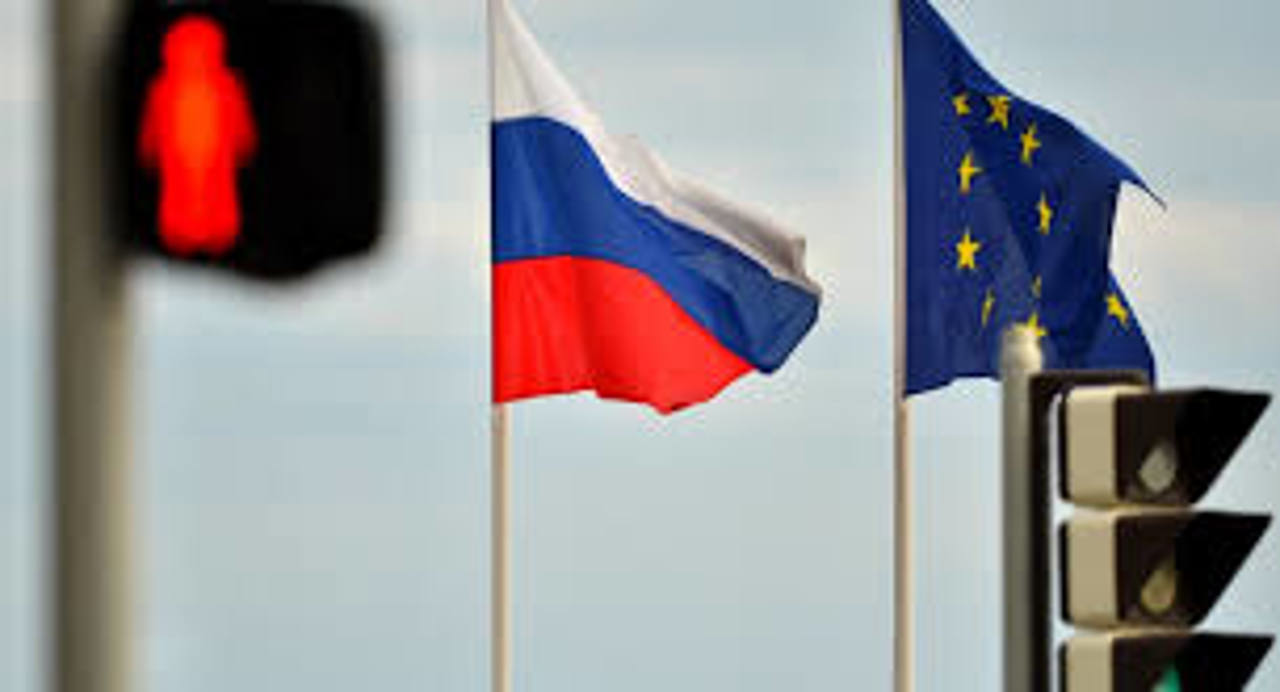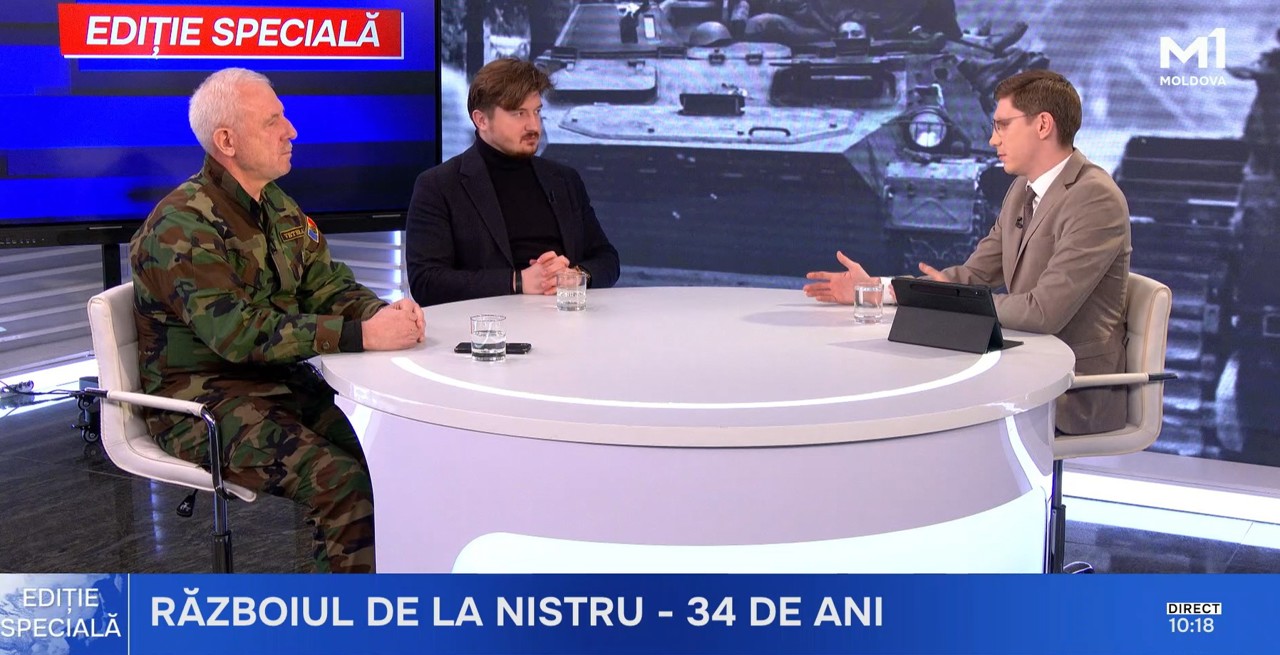Sanctions fail to cripple Russia's economy, but for how long
Despite widespread predictions of economic collapse following sanctions imposed after Russia's invasion of Ukraine, the Russian economy appears to be surprisingly resilient.
This resilience is fueled by several factors, including continued trade with European nations through neighbouring countries, massive military spending, and high oil revenues.
However, the economy also shows signs of overheating, driven by labour shortages and high inflation. Companies struggle to compete with the high salaries offered by the military, leading to rising wages and difficulties attracting workers. The Central Bank of Russia has implemented measures to curb inflation, but these have had limited success so far.
Soon after the invasion, Germany and several other major European nations — Italy, Spain, the Czech Republic, Poland, and Austria — began sending vast quantities of goods through Turkey and Russia's neighbours — Kazakhstan, Kyrgyzstan, Georgia, and Armenia — clearly destined for Russia.
This influx of goods, coupled with massive military spending, has fueled economic growth, high wages, and inflation within Russia. Companies are now forced to match military salaries, which include high payments to soldiers, to attract workers. Economists suggest that Russia can afford to finance its war in Ukraine for a few more years due to substantial oil revenues and the perceived failure of Western sanctions.
The economy is overheating partly due to President Vladimir Putin's need to replace the estimated 20,000 soldiers killed or wounded each month, according to figures reported by the ISW in June. To attract soldiers, Russian regional governors are paying unprecedented enlistment bonuses, with Belgorod recently setting a new record with a $31,200 bonus.
The result is near-full employment in Russia and rising wages. This labour shortage is not a recent development: Elvira Nabiullina, head of the Central Bank of Russia, warned this past summer that Russia's labour force and production capacity are "nearly exhausted." In an attempt to slow the economy and curb inflation, she announced a sustained period of high interest rates. However, these measures have not yet yielded the desired results.
Underscoring the severity of the issue, the bank recently raised its key interest rate from 19 percent to 21 percent, the highest level in over two decades and exceeding the 20 percent forecast by most analysts. In a statement, the bank acknowledged that inflation was "significantly higher" than estimated in July. The bank projected an increase from 3.5% to 4% in 2024, followed by a sharp decline to 0.5% to 1.5% the following year.
These rate hikes have angered some of the nation's leading oligarchs, with one influential figure recently warning of impending bankruptcies among producers. This discontent signals growing tensions among elites regarding the pressures of Putin's war economy.
Private companies are struggling to compete with the high salaries offered by the military. A survey conducted this month by the Russian Union of Industrialists and Entrepreneurs revealed that 82.8% of firms faced difficulties attracting workers. Unemployment fell to 2.4% in June, according to Rosstat, the state statistics agency.
This situation highlights that Russia's manpower reserves are finite. The country must grapple with the escalating financial and social costs of replenishing its combat forces, especially as attracting migrant workers becomes increasingly challenging due to Russia's perceived hostility and lack of appeal.
Therefore, the costs of sustaining the war will continue to rise as Russia expends personnel and equipment on the front lines. Despite current appearances, Russia's resources are limited, and Putin cannot indefinitely manage these costs. Ultimately, the Russian economy will reach a breaking point.
Author: Dan Alexe
Translation by Iurie Tataru






